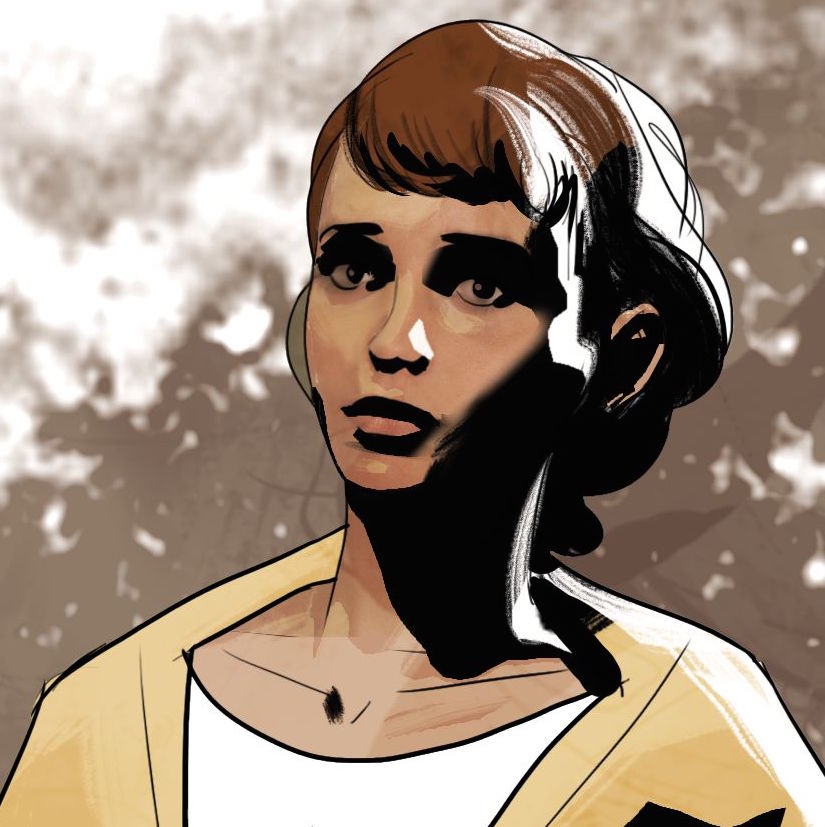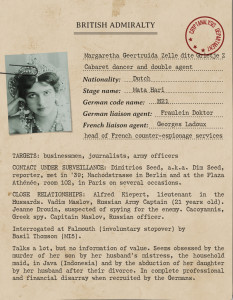February 10, 1916
Dear Diary,
It has been a dizzying few weeks, and I do not know how I will be able to describe everything that has happened. I still cannot believe it myself… I feel I must start with the war, as everything now comes back to the great battle. Late last month, Great Britain introduced conscription for all single men aged 18 to 40. I can only imagine what will happen if Canada tries to force citizens into the trenches against their will. It is further evidence that an end to the fighting is not on the horizon. Perhaps that is the reason for some of my most recent decisions. I know that I have mentioned the reporter Dim Seed before, someone that I look up to as a journalist and patriot (even if he is American). He and I were able to begin personal correspondence during the first few weeks of January. Oh what a blessing that I have access to transatlantic wires for sending messages, as our discussions would never have taken place had I been forced to communicate by post.
Dim has just returned from Mosul, Mesopotamia, and has been working in Britain since the beginning of the new year. Before he heads to France in late March, he is sharing some of the information he has gathered with a contact at Scotland Yard. I am thrilled to say that I was able to assist him with some research through my connections here in the Canadian Parliament, and he informed me that there is a great need for intelligent young women, like myself, to participate in the war effort. At first, I was not sure exactly how I could help him from across the Atlantic, but last week he mentioned a name to me: Mata Hari. At the moment, her name is nothing more than a whisper on the wind, but there are rumours that she is acting as a secret agent, infiltrating deep into the territory of the Central Powers.
The spie Mata Hari (Holland)
I am reminded of the tragic execution of Edith Cavell late last year. Ms. Cavell was a British nurse who helped many Allied soldiers escape German-occupied Belgium. Her death has been used to support the recruitment process across Britain over the last few months.
Her death has also invigorated me to find my true calling in the war. Last week, Dim introduced me to a young British woman named Vera Pringle. As I understand it, just today, Vera met with the Criminal Investigation Unit at Scotland Yard.
She will most likely be joining the cryptanalysis division in an attempt to crack the many codes used by the Central Powers to communicate with one another. I now know that there are other women like me, women who cannot sit idly by while the war grasps the entire world in its inhuman grip. Tomorrow, I will speak with my editor here about filling a current opening for a European-based reporter, and hope to join up with Vera and Dim within the month. I will be able to put my research skills to great use, and will finally feel that I am making a tangible difference.
I shall write again as soon as I have more news,
Rose




